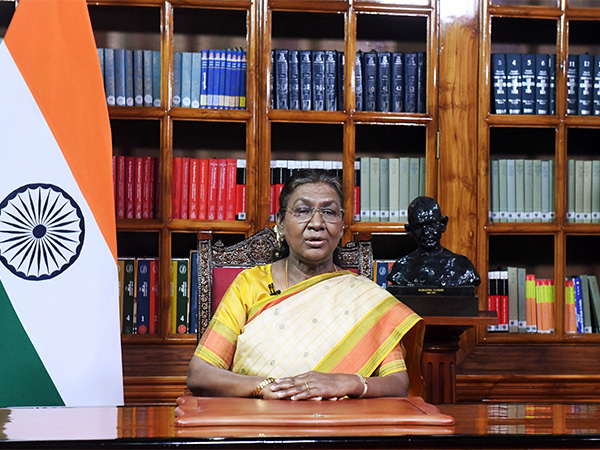Al-Qaeda chief is somewhere between Afghanistan, Pakistan: UN report
Jun 07, 2021

Kabul [Afghanistan], June 7 : A significant part of the Al-Qaeda leadership resides in the Afghanistan and Pakistan region, including the group's leader Ayman al-Zawahiri, who is "probably alive but too frail to be featured in propaganda," according to a United Nations report.
The findings on the status of Taliban-controlled and contested districts were presented last week by the Analytical Support and Sanctions Monitoring Team.
The 18 member states report, issued last Friday, said that large numbers of Al-Qaeda fighters and other foreign extremist elements aligned with the Taliban are located in various parts of Afghanistan.
This comes as foreign troops withdraw from Afghanistan and plan to leave completely by September 11.
According to the UN report, ties between the two groups remain close, based on ideological alignment, relationships forged through common struggle and intermarriage. The Taliban has begun to tighten its control over Al-Qaeda by gathering information on foreign terrorist fighters and registering and restricting them.
The group's leader, Aiman Muhammed Rabi al-Zawahiri, is believed to be located somewhere in the border region of Afghanistan and Pakistan. Previous reports of his death due to ill health have not been confirmed. "One Member State reports that he is probably alive but too frail to be featured in propaganda."
According to the UN report, Al-Qaeda, including Al-Qaeda in the Indian Subcontinent, is reported to number in the range of several dozen to 500 persons. Al-Qaeda core's membership is of non-Afghan origin, consisting mainly of nationals from North Africa and the Middle East.
Although the member states assess that formal communication between senior Al-Qaeda and Taliban officials is currently infrequent, one member state reported that there is regular communication between the Taliban and Al-Qaeda on issues related to the peace process.
Al-Qaeda in the Indian Subcontinent operates under the Taliban umbrella from Kandahar, Helmand (notably Baramcha) and Nimruz Provinces. The group reportedly consists of primarily Afghan and Pakistani nationals, but also individuals from Bangladesh, India and Myanmar, the report added.




















